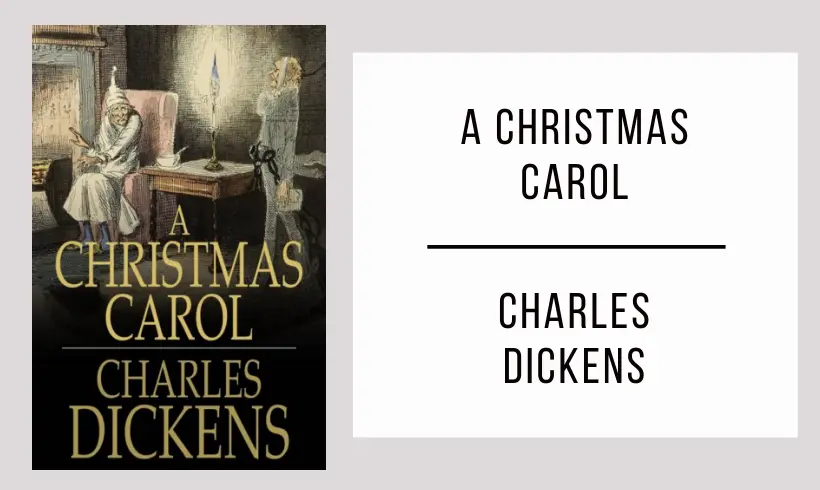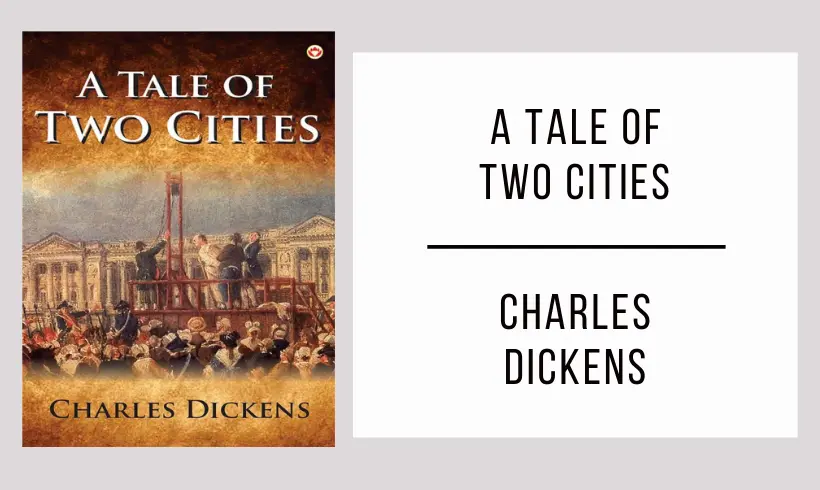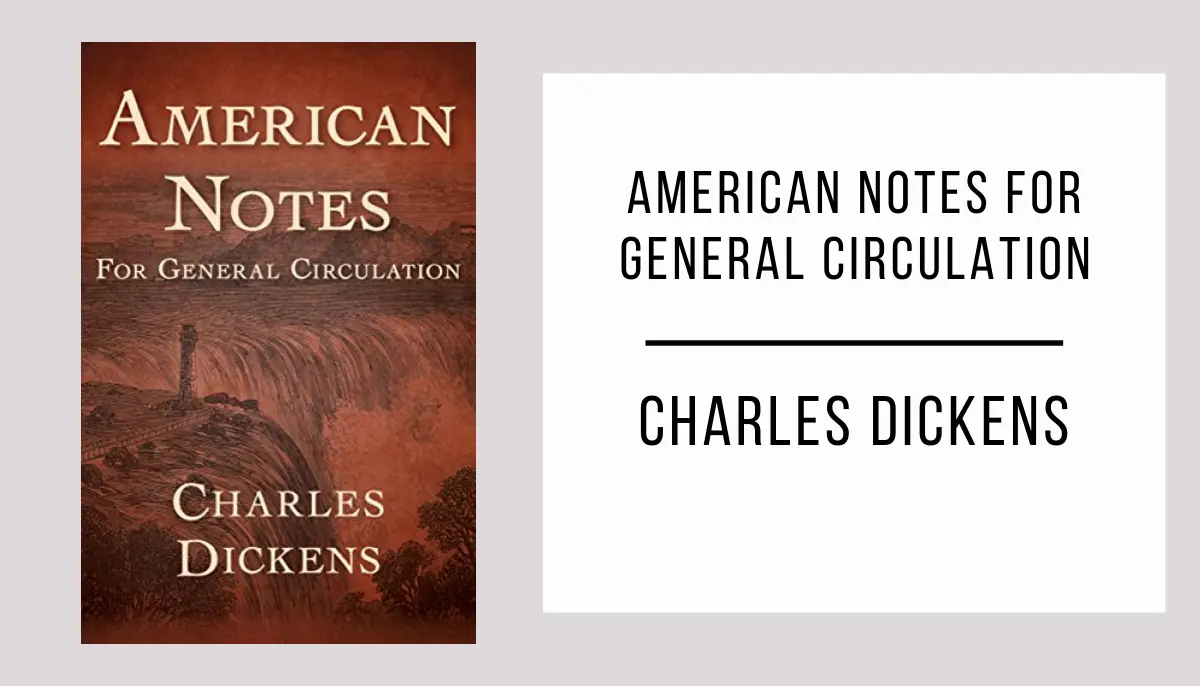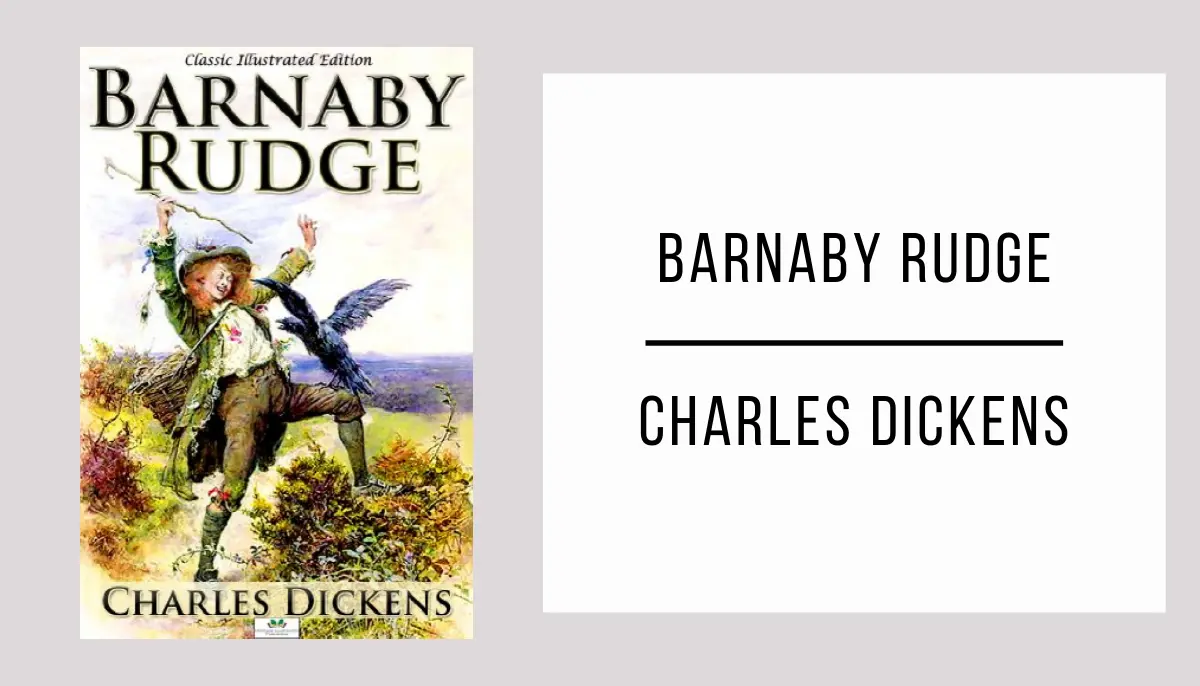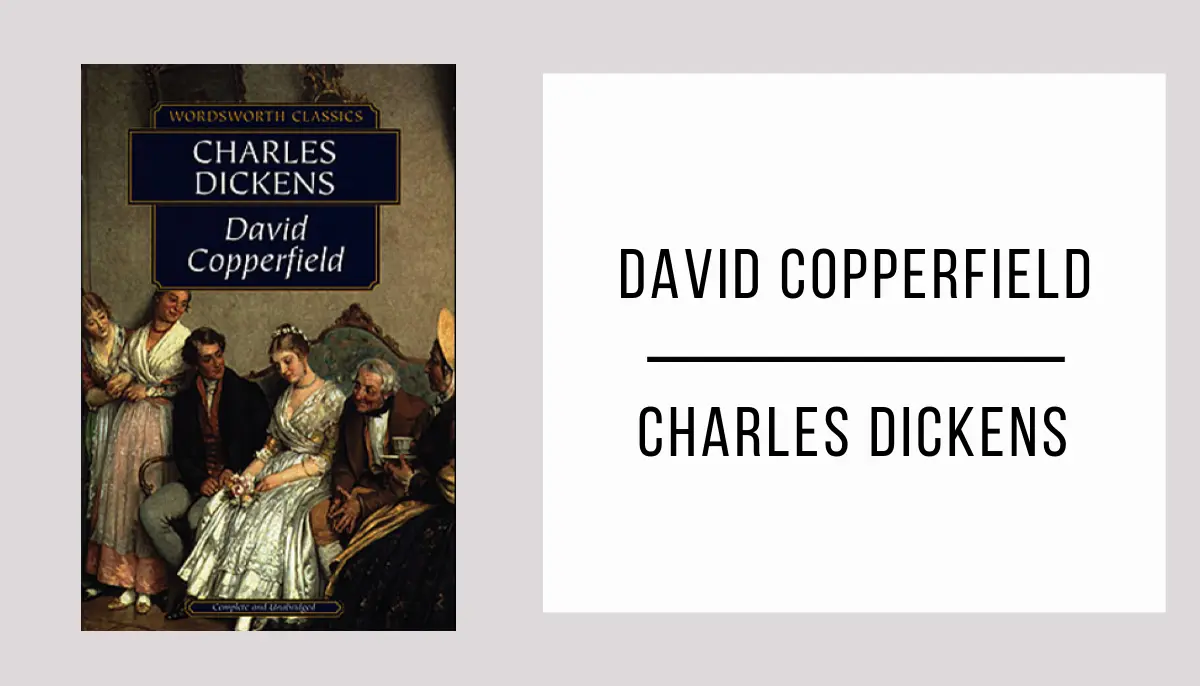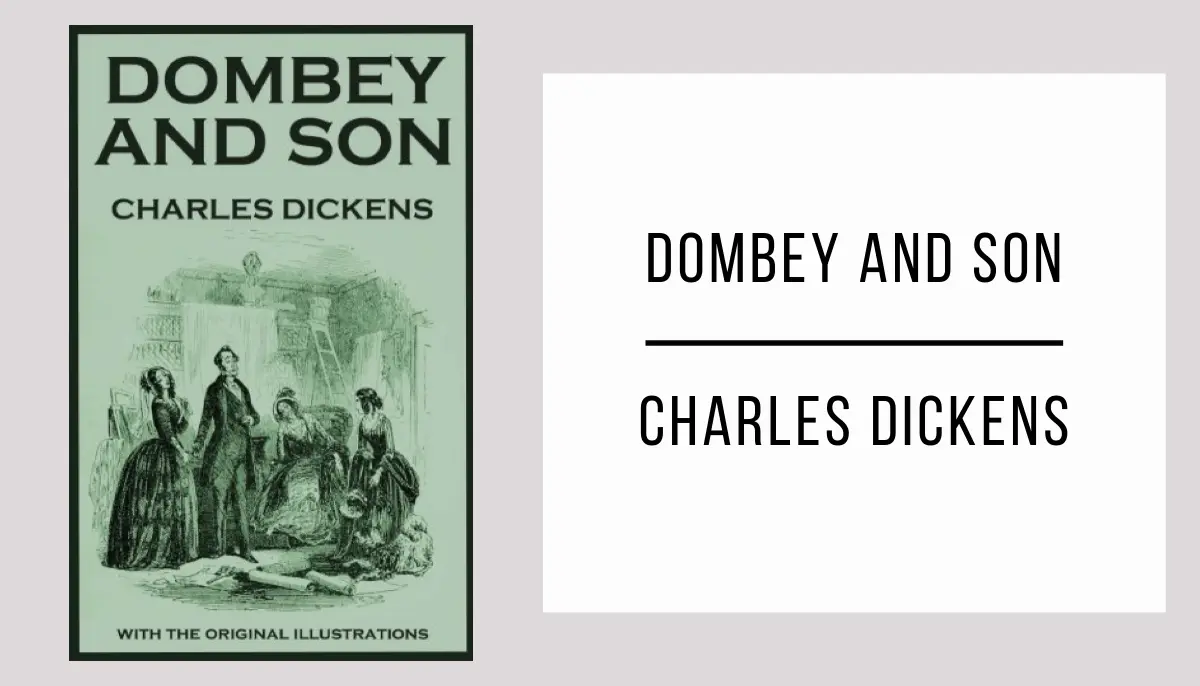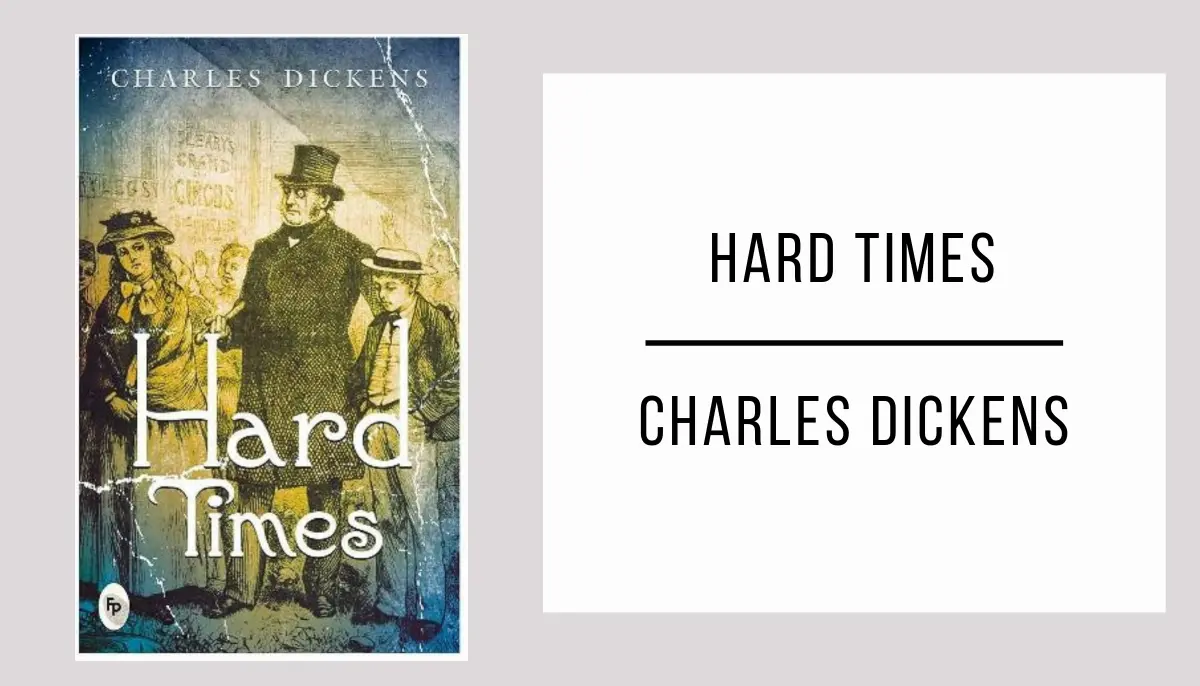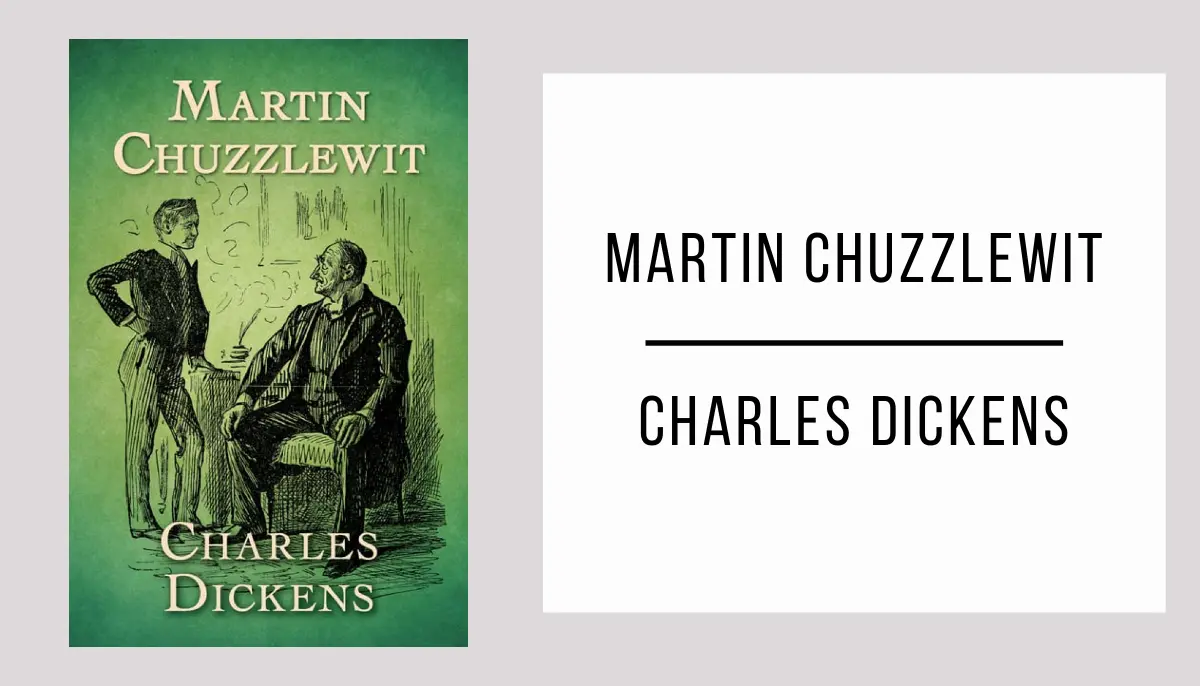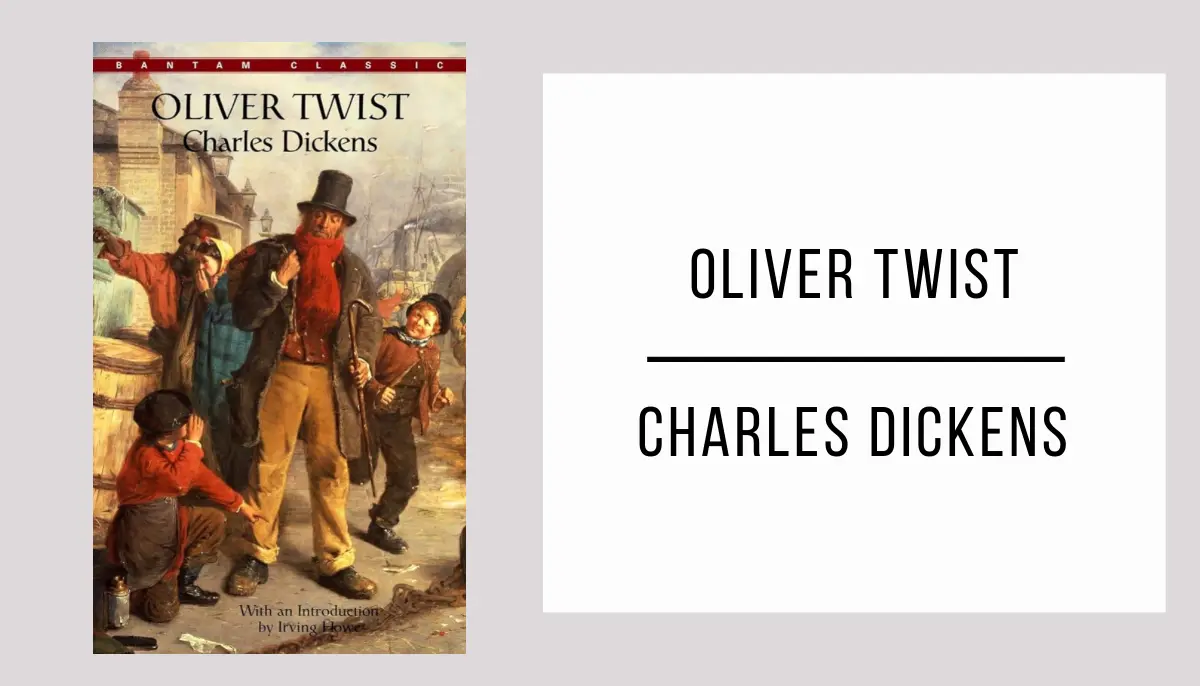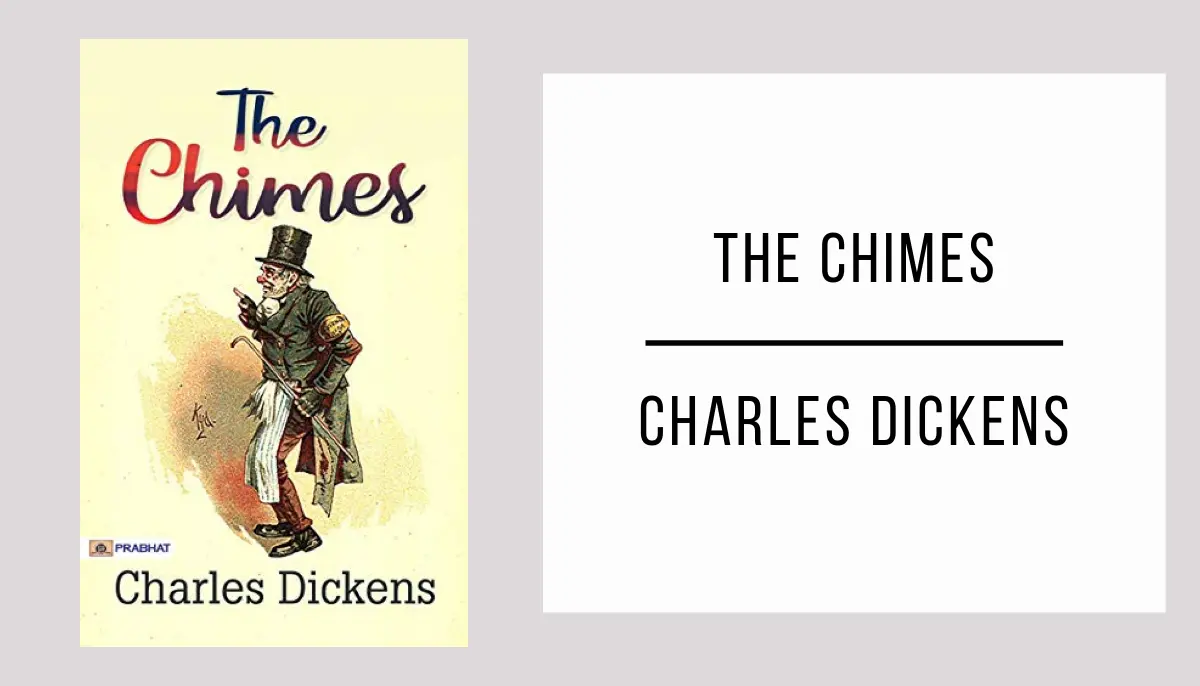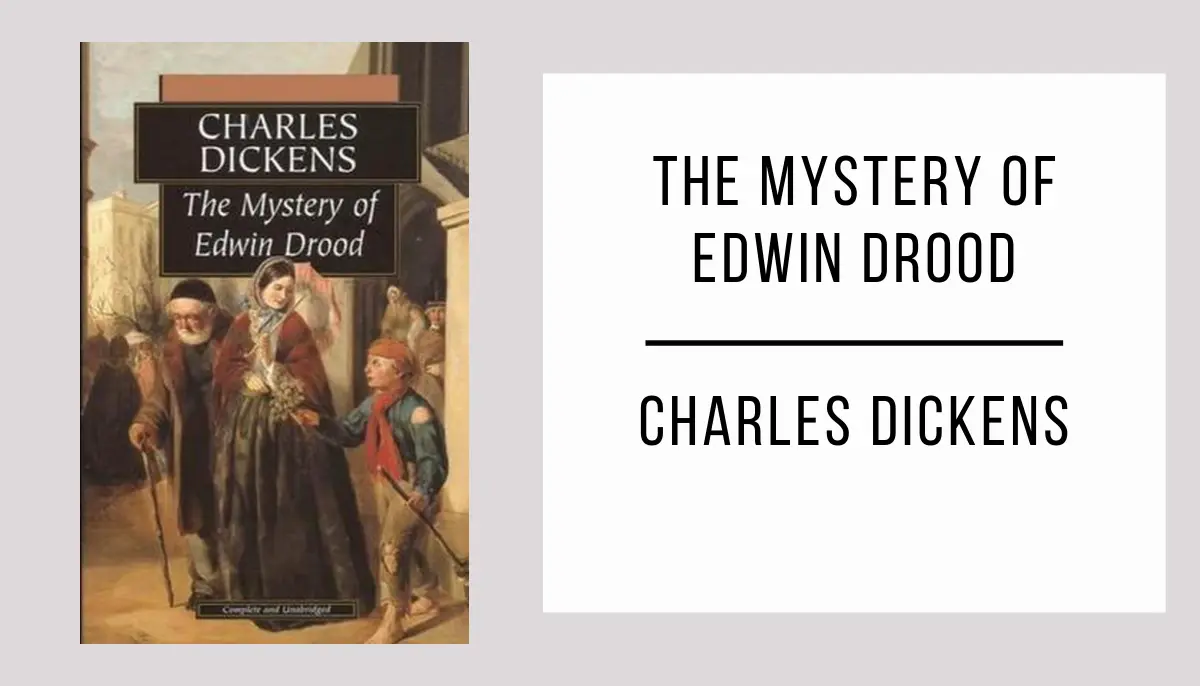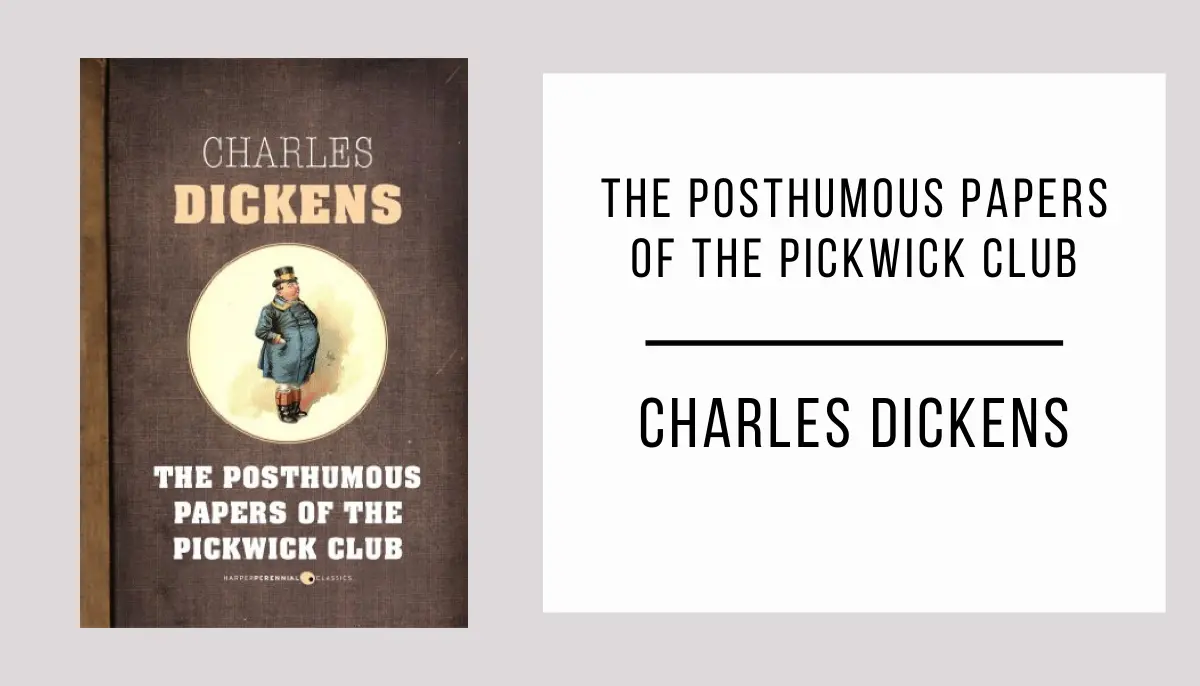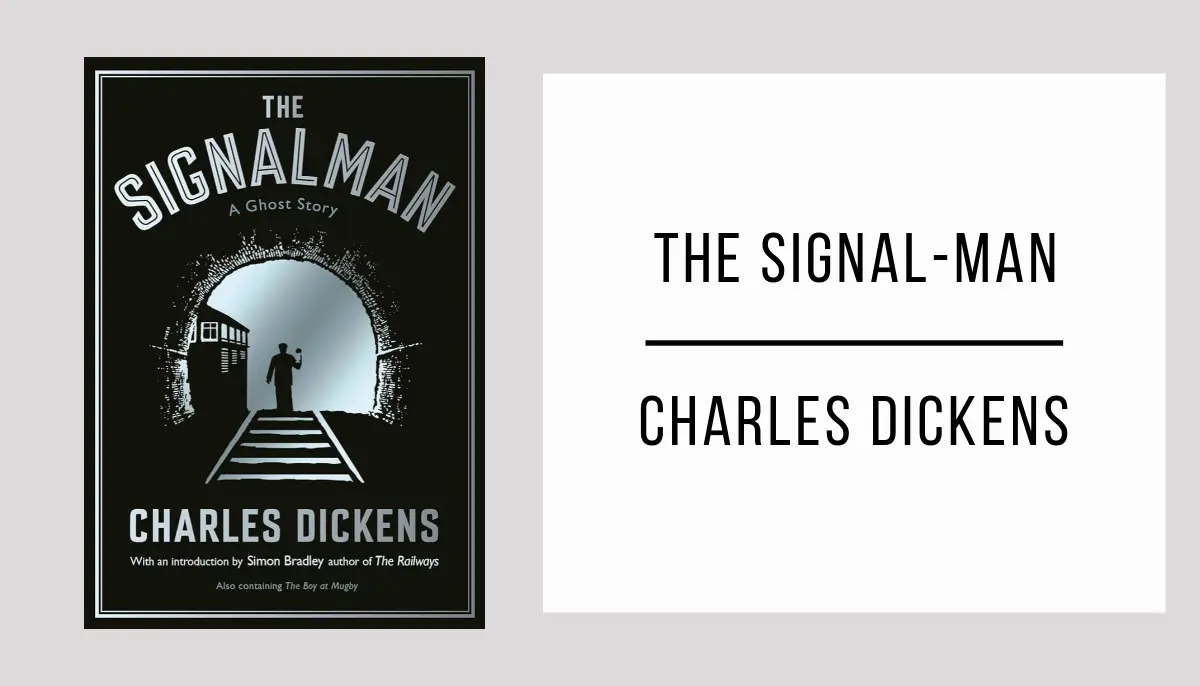Little Dorrit by Charles Dickens [PDF]
by InfoBooks

"Little Dorrit" is a captivating classic novel that transports readers to the hypocritical Victorian society. Discover the satire, social issues, and the emotional story of Dorrit in this unforgettable tale by Charles Dickens.
Download a free PDF copy of "Little Dorrit" right now. Immerse yourself in this literary masterpiece and enjoy the captivating story and memorable characters that have endured over time.
Don't miss the opportunity to dive into the world of "Little Dorrit". Explore the depths of Victorian society, discover the struggle for freedom, and true love.
Little Dorrit by Charles Dickens
*Please wait a few seconds for the document to load, the time may vary depending on your internet connection. If you prefer, you can download the file by clicking the link below.
Loading PDF...
Information: Little Dorrit
- Author: Charles Dickens.
- Publication Date: 1857.
- Main Characters:
- Arthur Clennam: Protagonist of the novel, returns to London after spending years in China.
- William Dorrit: Former gentleman imprisoned in the Marshalsea debtors' prison, father of Fanny, Edward, and Amy.
- Amy Dorrit (Little Dorrit): Daughter of William Dorrit, works as a companion to Mrs. Clennam.
- Brief Summary: "Little Dorrit" is a novel that criticizes government incompetence and the hypocrisy of Victorian society. The story unfolds in the Marshalsea debtors' prison, where William Dorrit has spent much of his life. Arthur Clennam becomes interested in the Dorrit family and seeks to help them, exploring themes of social injustice and the quest for freedom.
- Thematic Analysis: "Little Dorrit" addresses critiques of Victorian debtors' prisons, inefficient bureaucracy, social inequality, and the failure to recognize individual talent. Themes of love, sacrifice, and redemption are also explored.
- Historical Context: "Little Dorrit" reflects the social reality of Victorian England, where inequalities and poverty were common. The novel exposes the inhumane conditions of debtors' prisons and criticizes the governmental bureaucracy of the time. Additionally, it shows Dickens' concern for social issues and the unfair treatment of the less fortunate.

